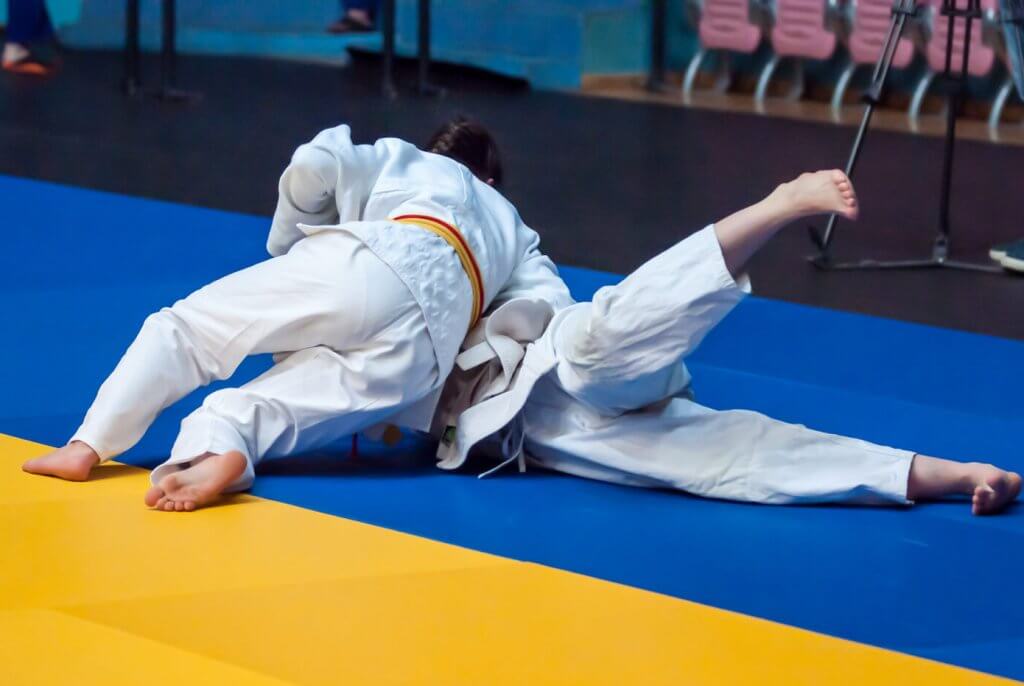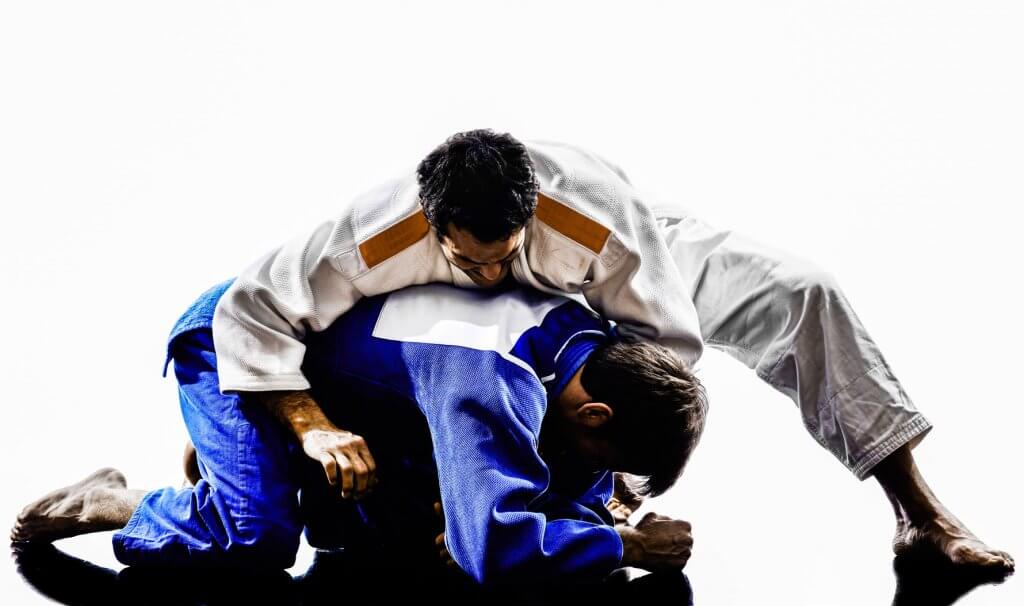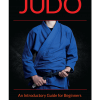The Remarkable Benefits of Judo
Judo can instill values, build character, and develop social and problem-solving skills, allowing you to stay focused and in good shape
Learning judo is more than simply learning and applying techniques, such as judo throws, chokes, or armbars. It also leads to a state of mind shaped by judo principles such as maximum efficiency with minimal effort, balance between mind and body, safety, and mutual support to bring prosperity for yourself and others.
Judo is also good for self-defense purposes, preparing people for unexpected circumstances, with the stamina and skill to act in defense of oneself or others. It is better to have that ability and not need to use it than the other way around. Such readiness can help people know their own strengths and limitations, besides helping them develop situational awareness, which can be critical in helping them identify risky situations early on and take preventive measures.
The regular practice of judo can also keep while keeping you in good shape. Besides being an excellent cardiovascular activity and fat burner, even a 45-minute judo session is more than enough to intensify the production of endorphins, a group of natural hormones that reduce the body’s feelings of discomfort and help people be in a positive and energizing mood, with a general feeling of well-being. One of its added benefits is that judo practice often feels more like playing than working out.
Stress management is another benefit of judo. After a busy day at the office, school, or working on a personal or community project, judo can help people clear their minds, getting a break that can help them achieve peace of mind, and come back focused and ready to tackle challenging issues with renewed energy.

Judo can also be of significant help to develop values like respect, discipline, and perseverance. There is a long-standing tradition of respecting instructors and training partners, which even young children learn when starting judo practice. The achievement of goals, as a result of regular training and attention to technique, becomes evident for judo practitioners when they are able to stand their ground on the mat, backed up by the stamina and skill that comes with continuous practice.
Judo is not only an end in itself but also a means to achieve higher social and community goals. As Imada et al. pointed out, several studies have addressed the positive effects of judo, including helping to redirect at-risk children’s energy away from delinquency and crime in low-income areas, while also identifying a great potential for reducing aggressiveness.
Likewise, studies about the effects of judo on the development of handicapped children have shown significant benefits, in which interactions with other judo players helped them deal with personal problems without force or aggression, acquire coping skills, and become more socially adaptive.
The practice of judo promotes teamwork, leadership, and self-confidence; it can also help prevent issues such as bullying, harassment, aggression, and discrimination. As Matsumoto pointed out, the ultimate goal of judo training is “to develop oneself and one’s character so that someday one could improve society and the lives of others.”
Kayla Harrison’s Fearless Foundation, which seeks to enrich the lives of survivors of child sexual abuse through education and sport, is another example of the ways judo can help make a difference in society.

The case of Majlinda Kelmendi from Kosovo further illustrates the social role of judo. As journalists Morley and Hussain described it, when she carries her country’s flag at events like the Olympics, her shoulders also bear “the weight of expectation of a nation finally gaining recognition after being ripped apart by war.”
This exciting sport and martial art is now easier to learn thanks to this handy book, which explains the key topics needed to get started in judo, purposely designed to let even the barest beginners get a quick handle on what it means to practice judo, and start applying its principles. Instead of trite philosophy, or mere techniques, this book cuts right to the core of what it means to be a judo practitioner.
The video in this link illustrates some benefits of judo, in the words of people who practice this activity.
Experience the positive influence that judo can have on your life. You do not have to spend a lifetime training to see its benefits, judo can be highly rewarding even for beginners.


